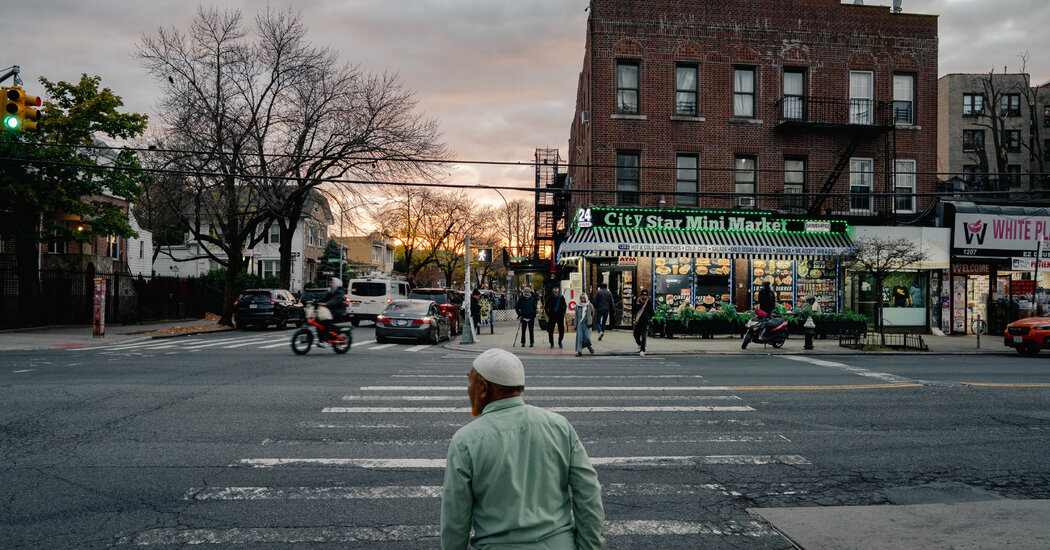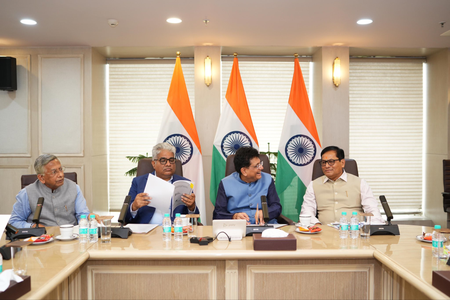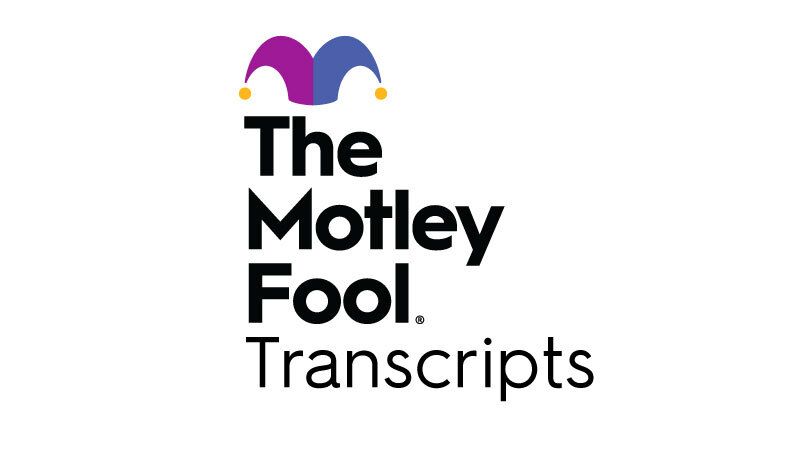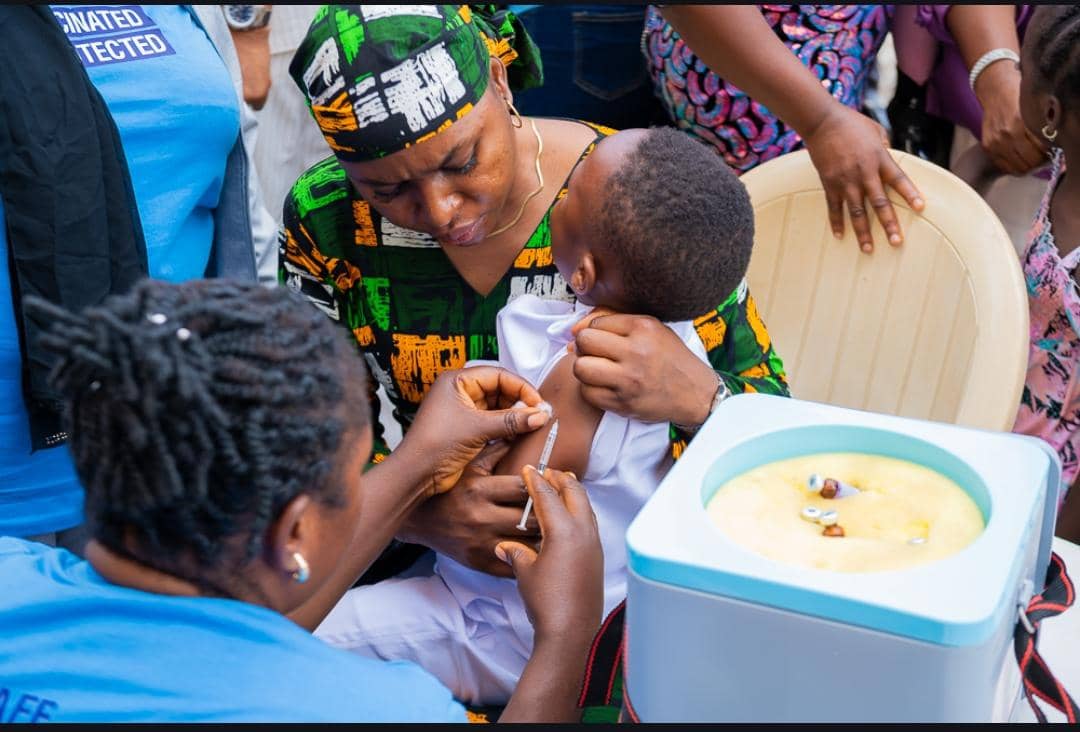Copyright The New York Times

Watching Zohran Mamdani run for mayor of New York City has been an eye-opening experience for Sabah Munawar. As a Muslim who grew up in the shadow of Sept. 11, Ms. Munawar said she was amazed that Mr. Mamdani seemed to be on the verge of becoming New York City’s mayor, and having done so while fully embracing his faith on the campaign trail. But as Islamophobic sentiment about Mr. Mamdani has grown in reach and frequency, she has realized there is a dark side to his success. “Some days I look at it and think, this feels worse, because back then so many people were in the shadows and scared and so they weren’t visible,” Ms. Munawar, a project manager, said during an interview in at MAS Youth Center in Bath Beach, Brooklyn. “And now people are saying, ‘we are here,’ and the vitriol is worse.” Mr. Mamdani, who maintains a double-digit lead in most polls, is seeking to become the first Muslim mayor of New York City — an obvious point of pride for the many Muslims nestled in pockets throughout the city that stretch from Little Yemen in the Bronx to Little Bangladesh in Brooklyn. But in dozens of interviews this week, Muslim voters said their excitement has been tempered by an uptick in what they view as Islamophobic attacks against Mr. Mamdani, now one of the most high-profile Muslims in the country. They cheer Mr. Mamdani’s ascendancy, and see new possibilities for themselves and their children. But they also worry for his safety, and wonder how the presence of a Muslim mayor might affect life for the hundreds of thousands of others in the city who share his faith. Mr. Mamdani’s opponents — former Gov. Andrew M. Cuomo, who is running as an independent, and Curtis Sliwa, the Republican nominee — have been accused of inciting hatred toward Muslims with their words and behavior. During a televised debate, Mr. Sliwa falsely accused Mr. Mamdani of supporting “global jihad.” In a radio interview, Mr. Cuomo chuckled as a conservative host on WABC said Mr. Mamdani would cheer another 9/11-style attack. And when the current mayor, Eric Adams recently endorsed Mr. Cuomo, he said the city risked falling into “Islamic extremism” as Europe had if Mr. Mamdani was elected. On top of those comments, the Cuomo campaign briefly posted an A.I.-generated video on social media that depicted Mr. Mamdani eating rice with his hands and called him an “inexperienced radical.” Actual campaign advertisements have been just as pointed, seeking to tie Mr. Mamdani to alleged jihadists. This string of attacks caused Mr. Mamdani to change what was intended to be a routine campaign stop at the Islamic Cultural Center of the Bronx last week for Friday prayers. Instead, he delivered an emotional 10-minute address about how Islamophobia had affected his life and the lives of his family and friends. Standing behind Mr. Mamdani as he gave his speech, AjiFanta Marenah, a leader in the West African immigrant community, couldn’t help but feel that her presence had contributed to a show of force against prejudice. Mr. Mamdani has made Muslim outreach a core part of his political operation. Muslim leaders and voters have expressed frustration about the recent remarks directly to Mr. Mamdani because he has had an “open line of communication,” since the race began, Mohamed Alharbi, Mr. Mamdani’s community outreach supervisor, said. Mr. Mamdani has visited more than 50 mosques since he entered the mayoral race, some multiple times, while his campaign has visited over 180. The campaign has hosted phone banks in Urdu, Arabic, Bangla and other languages in an effort to reach as many Muslims as possible. Almost every time Mr. Mamdani speaks at a mosque, he asks attendees if someone has ever deliberately mispronounced their names. Inevitably, dozens of hands shoot up. “What Zohran said publicly is what Muslims have been saying quietly to us for months,” Hassaan Chaudhary, director of Muslim engagement for the Mamdani campaign, said in an interview. “There’s a point where silence becomes complicity, and our communities were done being quiet.” Yusef Nasser, 28, who works as a halal butcher in Little Yemen in the Bronx, said he noticed an increase in Islamophobic social media and on the front pages of tabloids as Mr. Mamdani rose in the polls. He highlighted a recent cover of The New York Post with the headline “Weapons of Hamas Destruction,” which accused Mr. Mamdani of not supporting a cease-fire in Israel’s war in Gaza. It included an image of two men with automatic weapons standing behind two blindfolded men. Superimposed on the image was a photo of Mr. Mamdani looking flippant. This highly charged environment, especially after the assassination of Charlie Kirk, has Mr. Nasser concerned for Mr. Mamdani’s safety. “He’s getting a lot of hate," Mr. Nasser said. “Which means he’s moving in the right direction.” Mohamed Attia, managing director of the Street Vendor Project, has volunteered as a canvasser for Mr. Mamdani and has experienced some of the hate-based vitriol as he goes door to door. “When you canvass sometimes, someone will open the door and yell at you, ‘I’m not voting for a communist. I’m not voting for a Muslim,’” Mr. Attia said at a voting drive on Friday. “It’s very rare, thankfully, because the vast majority of New Yorkers won’t actually care if he’s a Muslim or not and won’t actually see him as a communist.” Mr. Cuomo, Mr. Sliwa and Mr. Adams have all disputed the assertion that their comments were Islamophobic. Mr. Sliwa said he had worked with his organization, the Guardian Angels, to protect Muslims, for decades. The accusation, Mr. Cuomo said, was a political tool that Mr. Mamdani was using to divide New Yorkers. “Islamophobia,” Mr. Cuomo said “is not real in this race.” Most Muslim New Yorkers interviewed for this article would disagree. Shahana Hanif, who represents a number of neighborhoods in Brooklyn and was the first Muslim woman elected to the City Council, said she was shocked at what she viewed as Islamophobic comments and videos directed at Mr. Mamdani. “What folks are saying to me is they almost can’t believe that what they experienced after 9/11,” Ms. Hanif said, “is somehow happening again in 2025.” Walking home from school in Parkchester in the Bronx, Syed Ahmod, 13, said he and his mother, Zannathun Chowdhury, 42, shared a slightly different perspective. Their family supported President Trump in November (the young teenager voted in a mock election at school) but both now support Mr. Mamdani.



